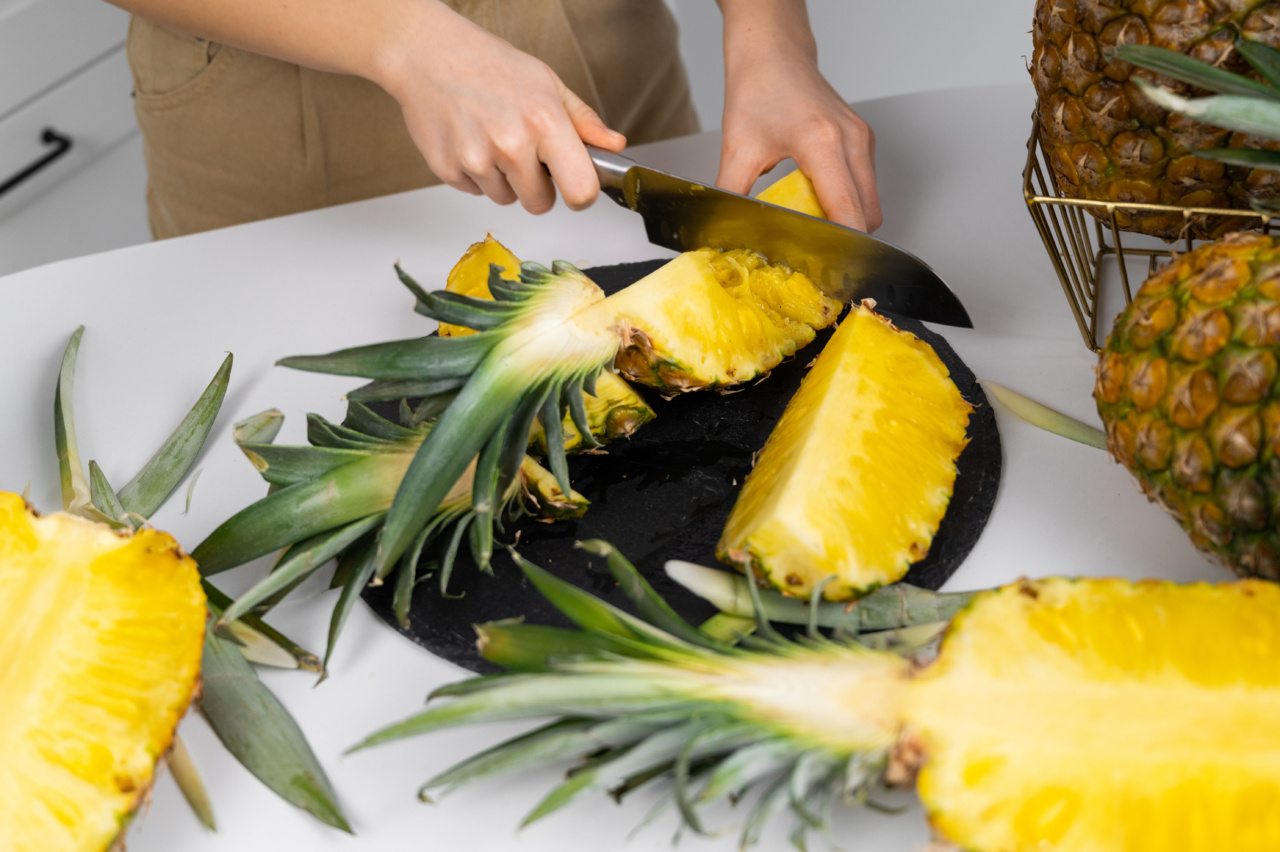Following a vegan diet has gained immense popularity in recent years. This plant-based diet excludes all animal products, including meat, dairy, eggs, and even honey.
While a vegan diet offers several health benefits and is considered environmentally friendly, recent studies have suggested a potential link between veganism and an increased risk of hip fractures in women.
The Importance of Calcium and Vitamin D
Calcium and vitamin D are vital for maintaining strong and healthy bones. Calcium plays a role in bone formation and density, while vitamin D helps the body absorb calcium effectively.
Dairy products, particularly milk and cheese, are well-known sources of calcium and vitamin D. However, vegans rely on alternative sources such as green leafy vegetables, tofu, fortified plant-based milks, and supplements to meet their nutritional needs.
The Role of Protein
Protein is necessary for optimal bone health as it contributes to bone density and strength. Animal products like meat, fish, and dairy are excellent sources of high-quality protein.
On the other hand, plant-based protein sources like beans, legumes, and nuts may not provide the same amount or quality of protein. Vegans need to ensure they consume adequate amounts of protein from various plant sources to maintain bone health.
Phytates and Bone Health
Phytates are naturally occurring compounds found in plant foods that can interfere with calcium absorption. They form complexes with minerals, including calcium, making them less available for the body to absorb.
While phytates’ impact on bone health is still being studied, vegans who rely heavily on phytate-rich foods like whole grains, nuts, and seeds could potentially experience reduced calcium absorption, leading to lower overall bone density.
The Omega-3 Fatty Acid Dilemma
Omega-3 fatty acids play a crucial role in reducing inflammation and promoting bone health. Fatty fish like salmon and trout are excellent sources of docosahexaenoic acid (DHA) and eicosapentaenoic acid (EPA), two essential omega-3 fatty acids.
Vegans often obtain their omega-3 fatty acids from plant sources like flaxseeds, chia seeds, and walnuts. However, these plant-based sources mainly provide alpha-linolenic acid (ALA), which must be converted to DHA and EPA in the body. This conversion is inefficient and may not fully meet the body’s omega-3 needs for optimal bone health.
The Connection Between Veganism and Hip Fractures
Several studies have highlighted a potential link between veganism and an increased risk of hip fractures in women.
One study conducted in the United Kingdom found that vegan women had a 43% higher risk of hip fractures compared to women who consumed meat. Another study in Germany involving postmenopausal women also observed a higher prevalence of fractures among vegans compared to non-vegans.
Prevention Strategies for Vegans
Vegans can take specific measures to reduce their risk of hip fractures while maintaining their dietary choices:.
1. Adequate Calcium and Vitamin D Intake
Vegans should focus on consuming calcium and vitamin D-rich foods such as fortified plant-based milks, leafy greens, tofu, sesame seeds, and almonds. Regular exposure to sunlight is also essential for vitamin D synthesis.
2. Protein Diversity
Ensuring a variety of protein sources is important for vegans. Incorporating plant-based proteins like legumes, soy products, quinoa, and seitan into their diets can contribute to optimal bone health.
3. Phytate Reduction
Vegans can reduce the phytate content in their diets by soaking, fermenting, or sprouting grains, nuts, and seeds. These methods help reduce the levels of phytates, enhancing calcium absorption.
4. Consider Omega-3 Supplements
Vegan-friendly omega-3 supplements derived from algae are available in the market. These supplements provide direct sources of DHA and EPA, bypassing the need for the body to convert ALA.
Conclusion
While a vegan diet offers numerous health benefits, it is crucial for women to be aware of the potential risks associated with bone health, specifically the increased risk of hip fractures.
By paying attention to their calcium and vitamin D intake, protein diversity, phytate reduction, and considering omega-3 supplements, vegans can mitigate these risks and maintain their commitment to a plant-based lifestyle.































